(NLDO)- From February 12 to 13, the 31st ASEAN-China Senior Officials Consultation was held in China.
The meeting took place in the port city of Ningbo, Zhejiang province, China.
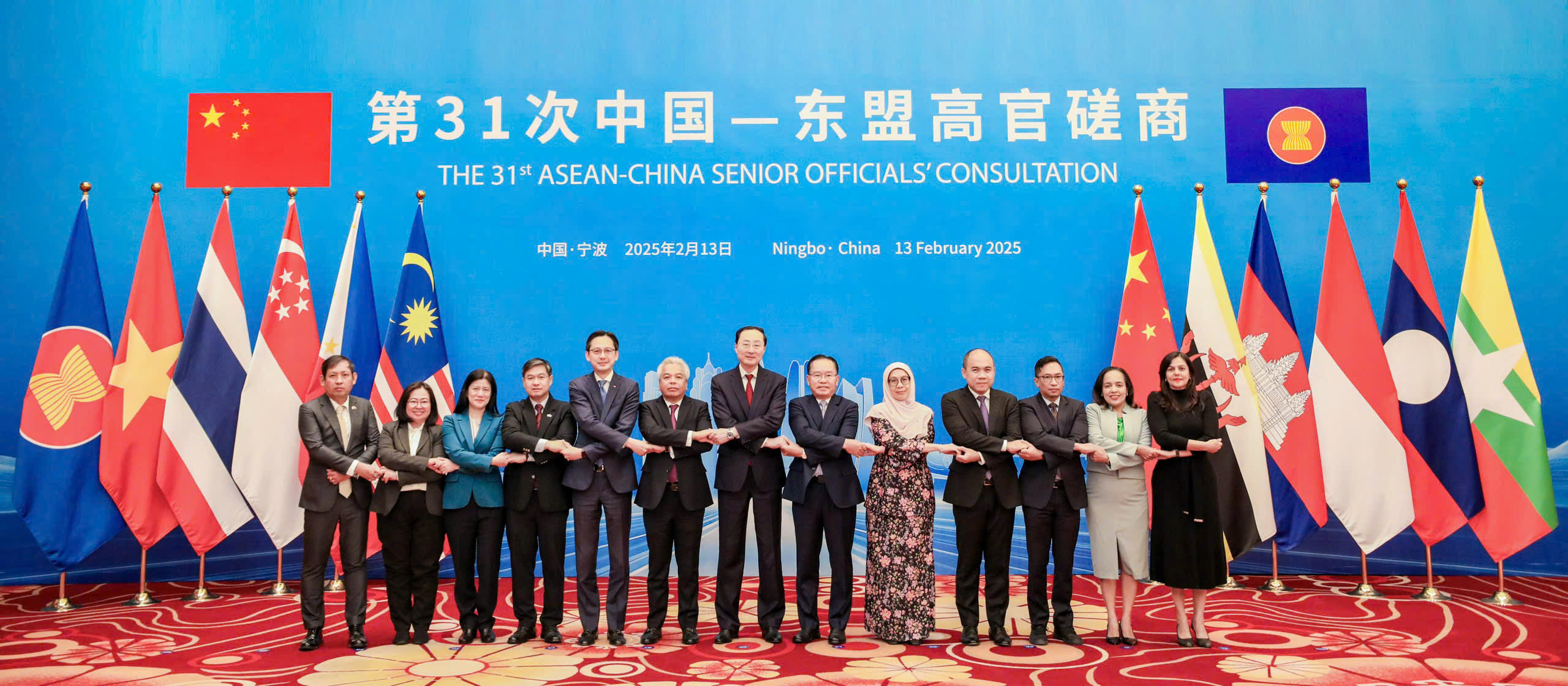
The 31st ASEAN-China Senior Officials' Consultation. Photo: Ministry of Foreign Affairs
The meeting is part of a series of annual dialogues between ASEAN Senior Officials and Partners to review and discuss directions for promoting cooperation, preparing for the ASEAN Summit and the ASEAN Foreign Ministers' Meeting with Partners to take place in the second half of 2025. Deputy Foreign Minister Do Hung Viet, Head of Vietnam's ASEAN SOM, led the Vietnamese delegation to attend the meeting.
The meeting highlighted the importance and value of the ASEAN-China Comprehensive Strategic Partnership for each side and the region. Vice Foreign Minister Sun Weidong, Head of the Chinese SOM, affirmed that China always gives high priority to its relations with ASEAN in its neighborly diplomacy, commits to supporting ASEAN in building the Community and supporting ASEAN to be united, independent, and strategically autonomous with a central role in the region. With positive developments in all aspects in recent times, ASEAN-China relations are now one of the most dynamic, substantive and effective relationships.
ASEAN and China have been each other's largest trading partners since 2020. All countries expressed their desire to conclude negotiations on the ASEAN-China Free Trade Area (ACFTA) version 3.0, as well as effectively implement the Regional Comprehensive Economic Partnership (RCEP).
The cooperation frameworks that ASEAN is promoting such as the ASEAN Digital Economy Framework Agreement, the Carbon Neutrality Strategy, the ASEAN Power Grid Agreement, etc. will contribute to expanding the space for cooperation with China, especially in the fields of green, sustainable and smart development. Digital transformation, innovation, emerging technologies such as 5G technology, artificial intelligence, artificial intelligence, electric vehicle ecosystem, self-reliant supply chains, and smart agriculture are the top priorities of the countries in the exchange with the desire to optimize the potential for future cooperation.
Following the success of 2024, the two sides agreed to continue to effectively implement activities in 2025 as the "Year of ASEAN-China People-to-People Exchanges", rich in form, diverse in content and profound in meaning, contributing to increasing connectivity, friendship and mutual understanding between the people of ASEAN countries and China.
At the meeting, the countries spent time discussing substantive and constructive developments in the region and the world, such as major power relations, the situation in the East Sea, the Middle East, and Myanmar. In the context of increasingly volatile and unpredictable situations, the countries emphasized the need to continue upholding the principles of the United Nations Charter, promoting the values of multilateralism, building an open, inclusive, and rules-based regional structure with ASEAN at the center, and making active and responsible contributions to peace, cooperation, and security.
Speaking on behalf of ASEAN on ASEAN-China political-security cooperation, Deputy Minister Do Hung Viet emphasized that this is a key component in the overall bilateral relationship. Over the years, ASEAN and China have always maintained good momentum of dialogue and cooperation, together building trust, and striving to realize a common vision of peace, security and development. In a strategic environment with many complexities and uncertainties, Deputy Minister Do Hung Viet suggested that both sides effectively promote the momentum of cooperation, hoping that China will continue to participate and make active contributions to ASEAN-led mechanisms, and work with ASEAN to promote standards of conduct.
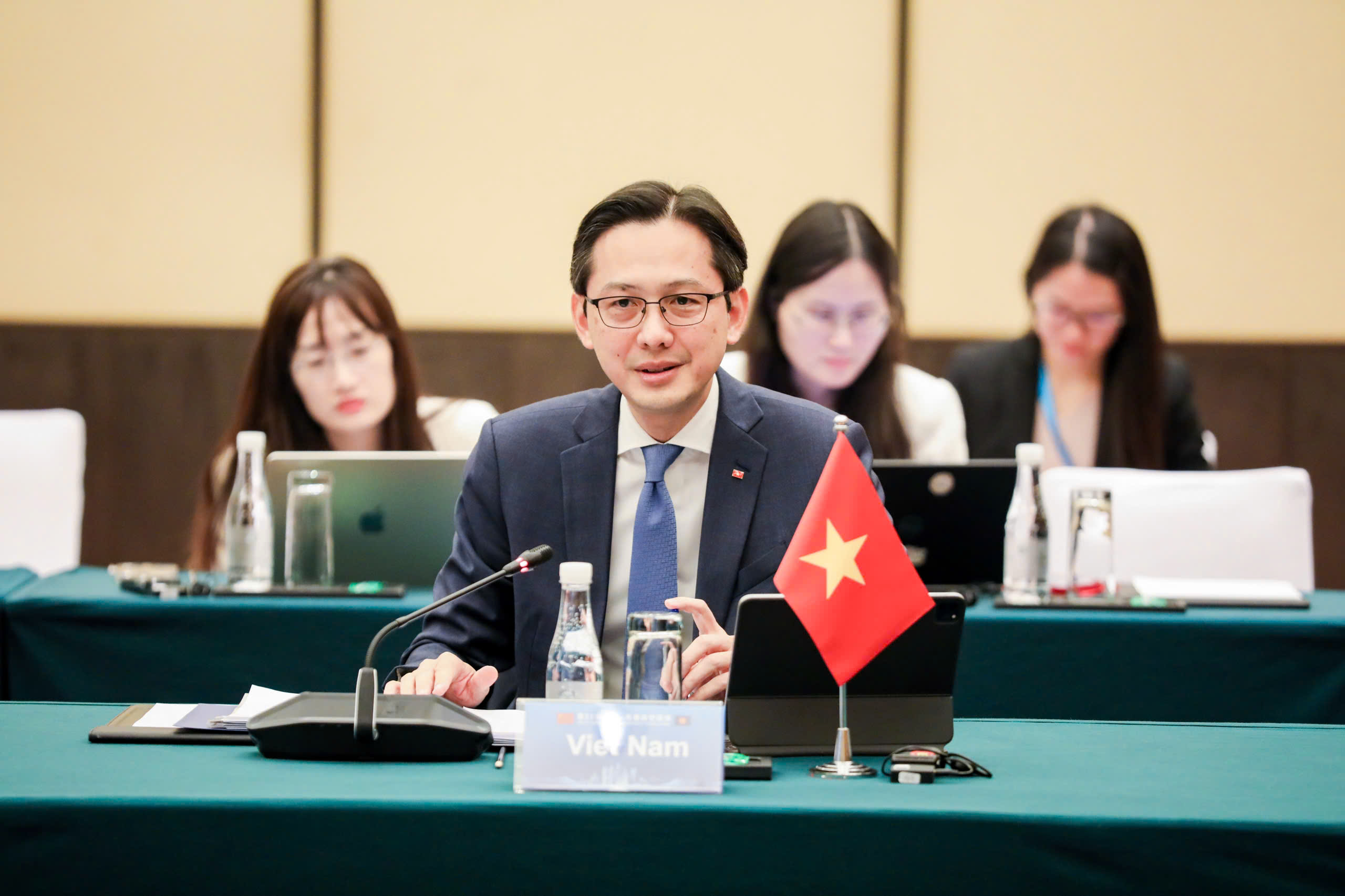
Deputy Minister of Foreign Affairs, Head of ASEAN SOM Vietnam Do Hung Viet
Faced with the increase of non-traditional security challenges, Deputy Minister Do Hung Viet proposed three cooperation orientations, including specific and substantive implementation of all decisions and agreements of the leaders of the two sides, strengthening response to emerging issues such as cybercrime, transnational crime, online fraud, and expanding cooperation in the sub-region, including the Mekong sub-region in dealing with issues such as water security, sustainable water management, climate change, etc. On this occasion, the Deputy Minister also announced that Vietnam will host the signing ceremony of the United Nations Convention against Cybercrime and hoped that countries would soon complete internal procedures to attend the signing ceremony of this important document in Hanoi.
Reaffirming ASEAN's principled stance on the East Sea, Deputy Minister Do Hung Viet welcomed the recent progress in the negotiations on the Code of Conduct in the East Sea (COC), suggested that ASEAN and China continue to make efforts to make new progress, create a favorable environment for COC negotiations, and emphasized the importance of exercising self-restraint and avoiding actions that complicate the situation, for the common goal of peace, security, safety and stability in the East Sea.
On this occasion, Deputy Minister Do Hung Viet had a working session with Chinese Deputy Foreign Minister Sun Weidong to discuss issues of mutual concern in bilateral relations as well as coordination between the two countries at multilateral mechanisms and forums such as ASEAN and the United Nations.
Also on this occasion, the host country China organized research and survey trips for delegates from ASEAN countries to introduce the potential and strengths of the port city of Ningbo, such as the Ningbo Exhibition Center, Tianyi Ge Museum, ZEEKR Factory - a high-end smart electric vehicle brand, and FOTILE Group - one of the largest kitchen appliance brands in China.
Source: https://nld.com.vn/cung-co-niem-tin-va-dong-luc-cho-hop-tac-asean-trung-quoc-196250214174115284.htm



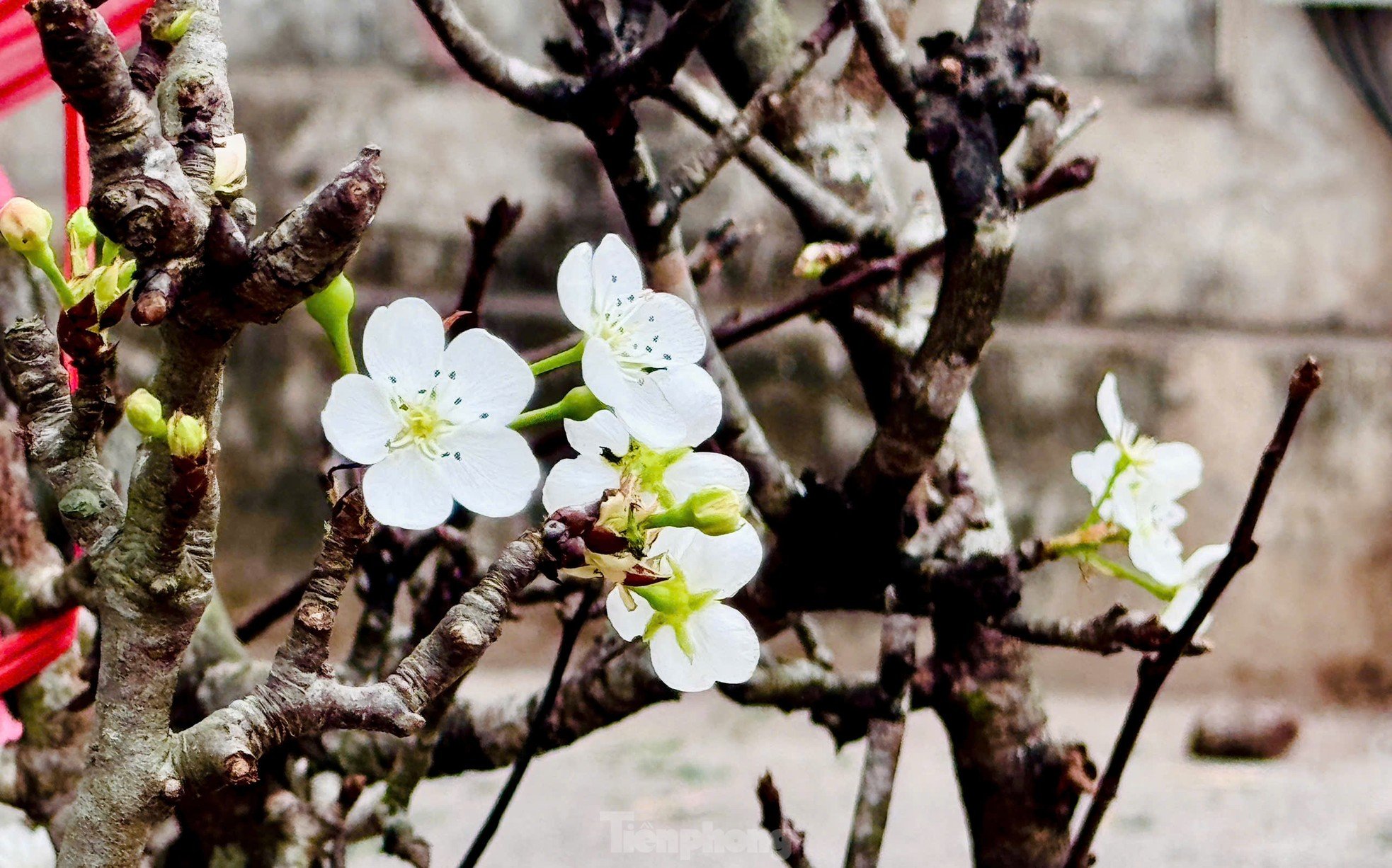


























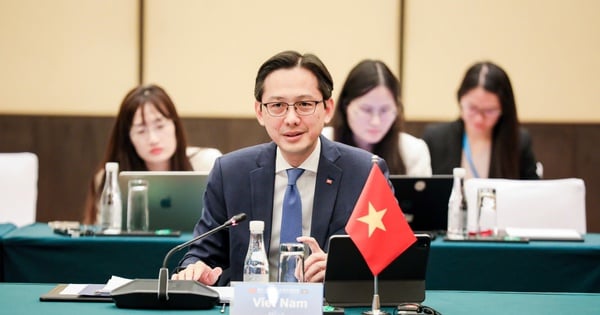
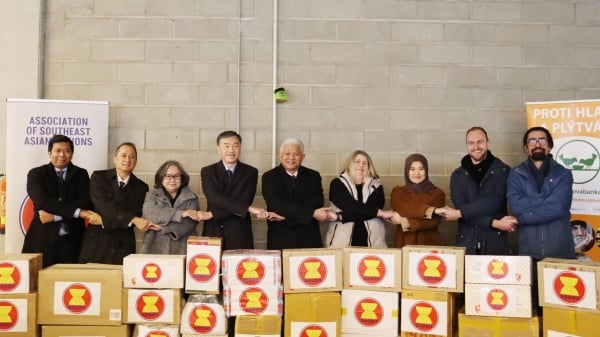

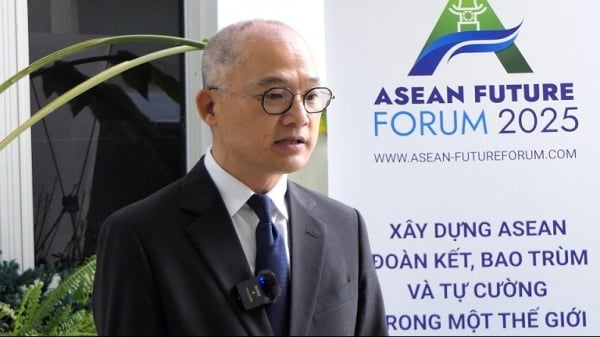

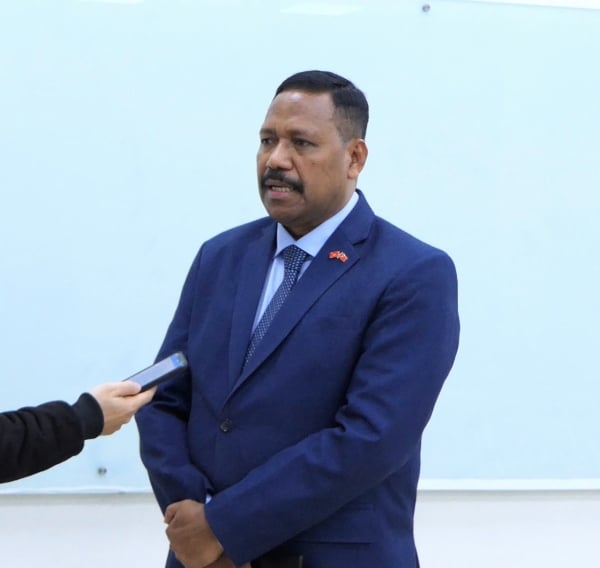


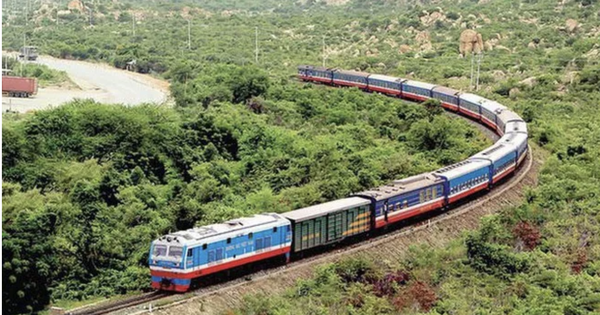
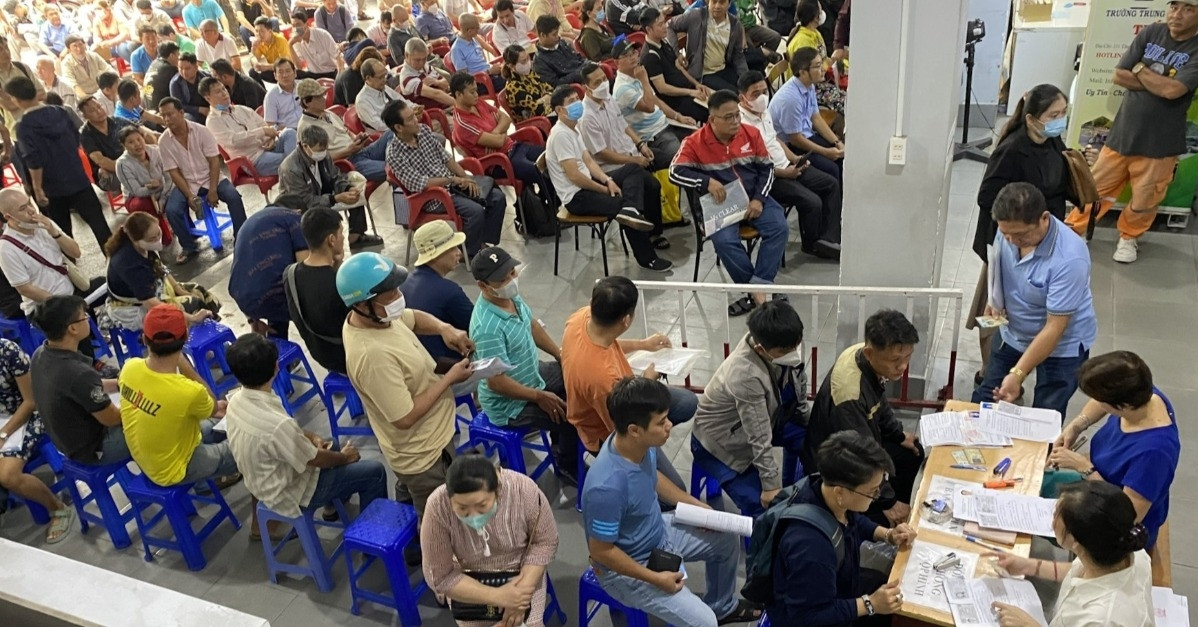

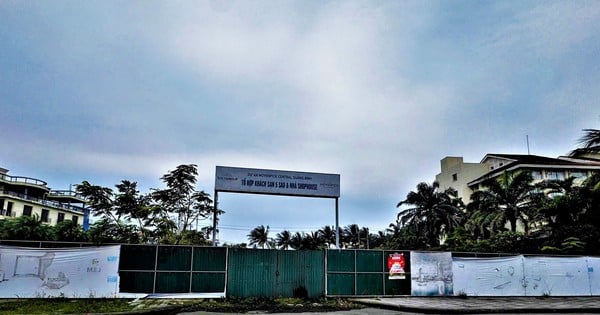
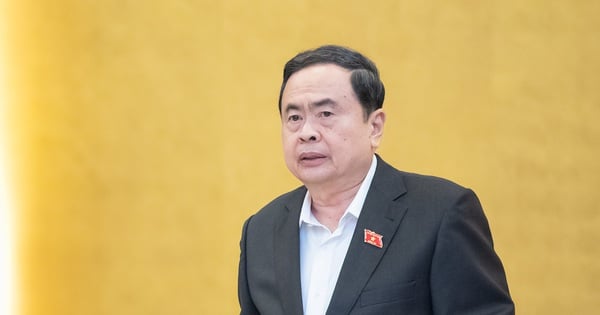
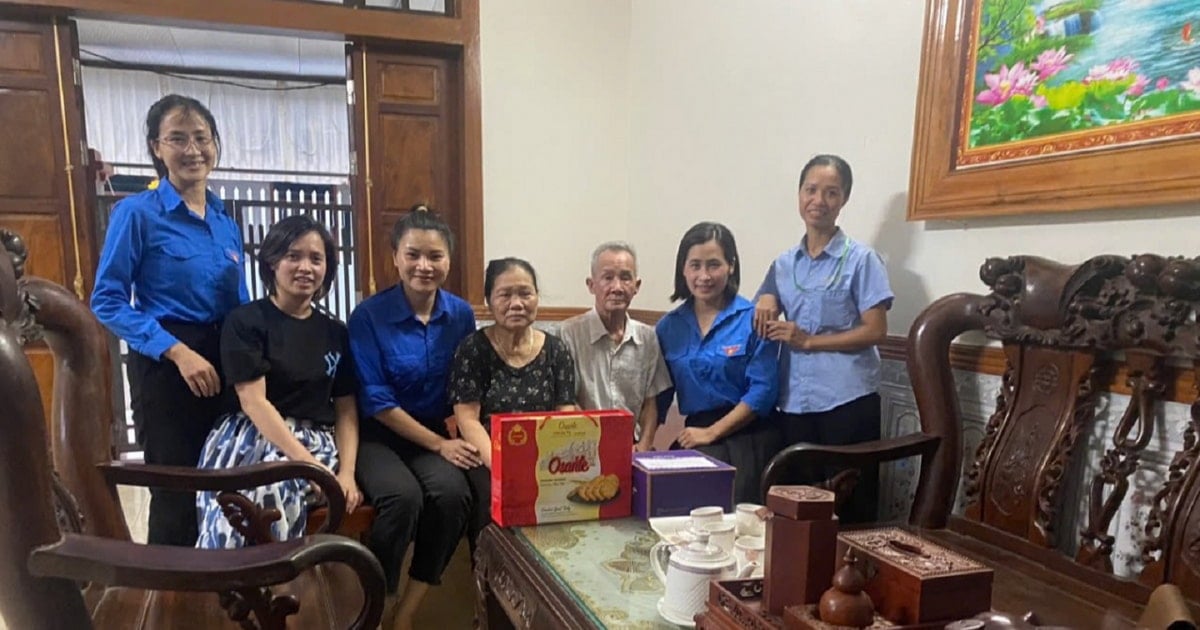



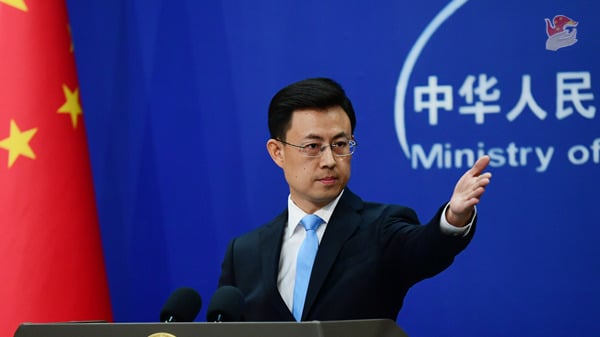


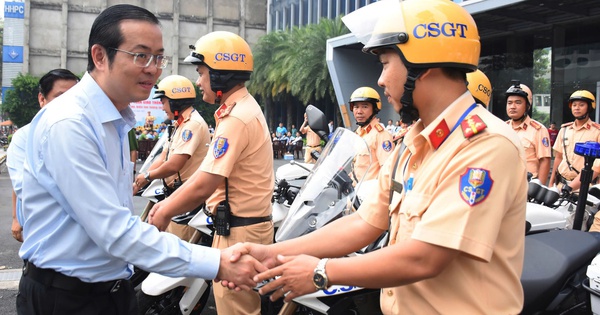
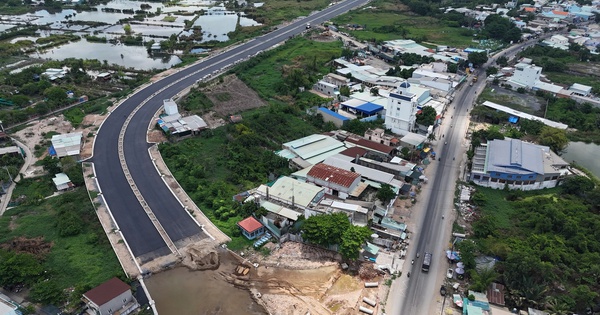


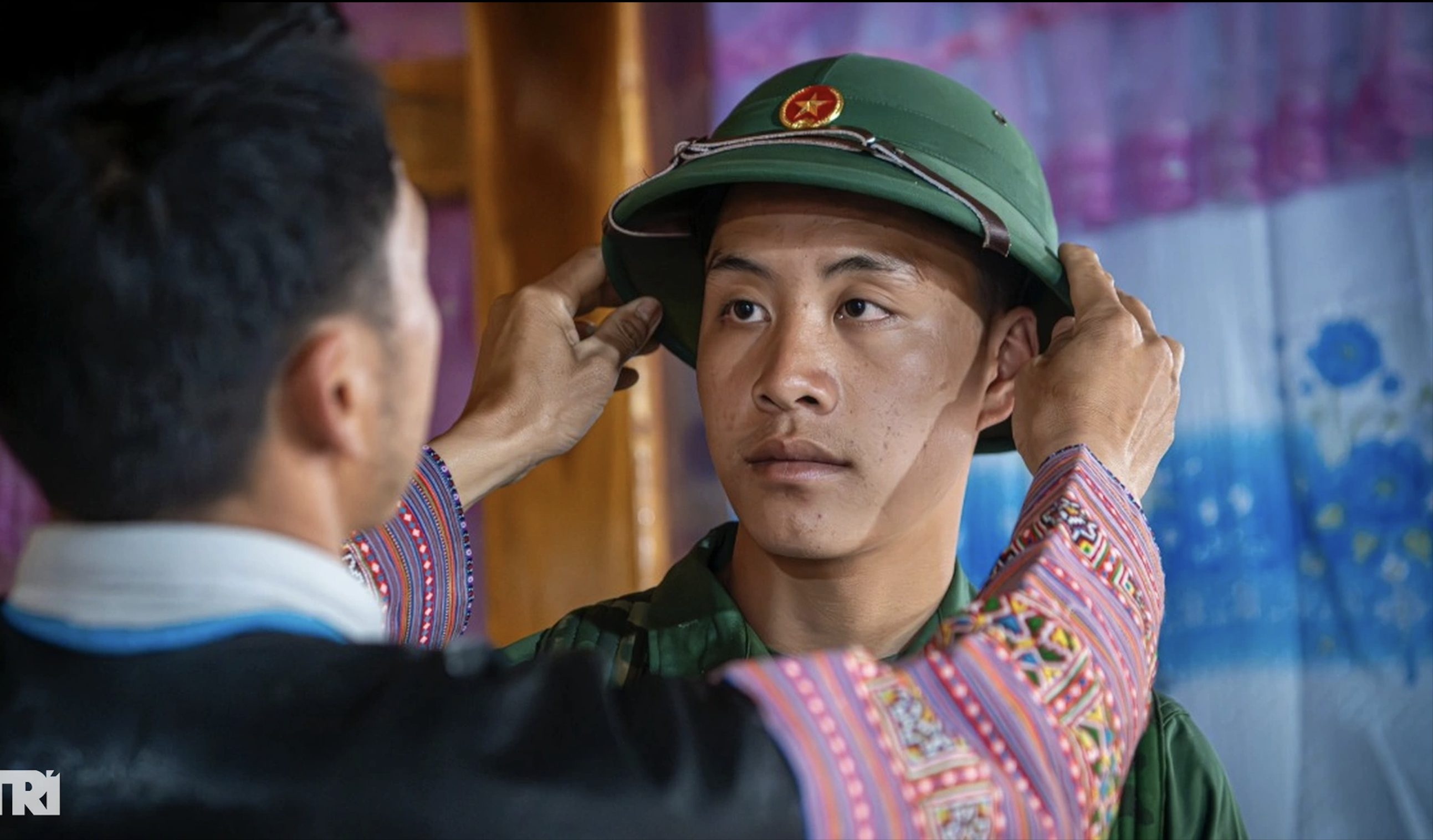
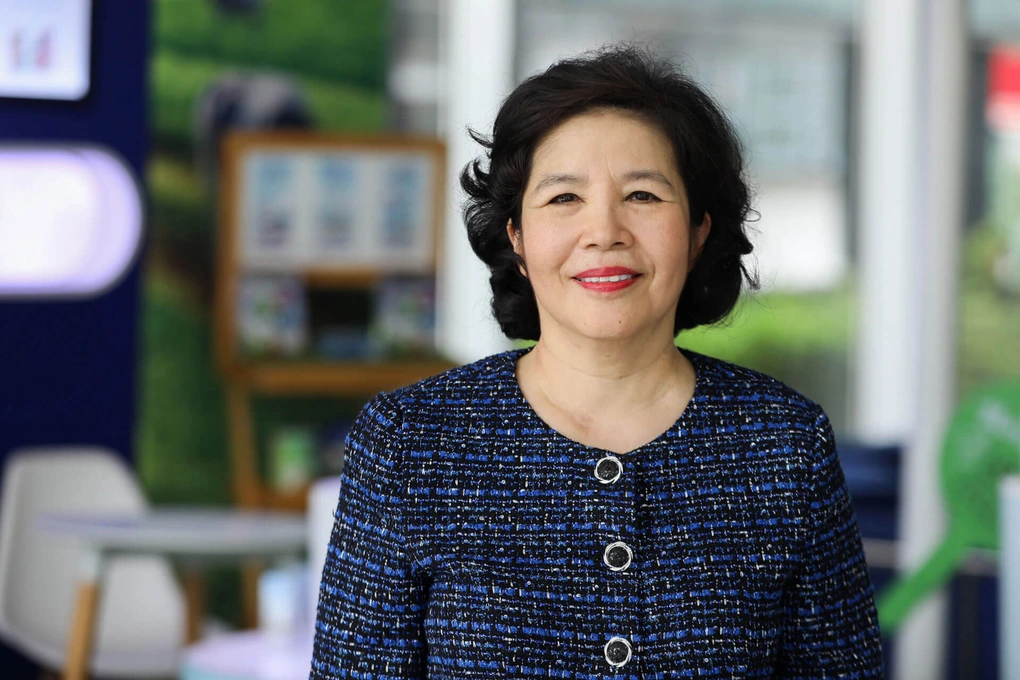
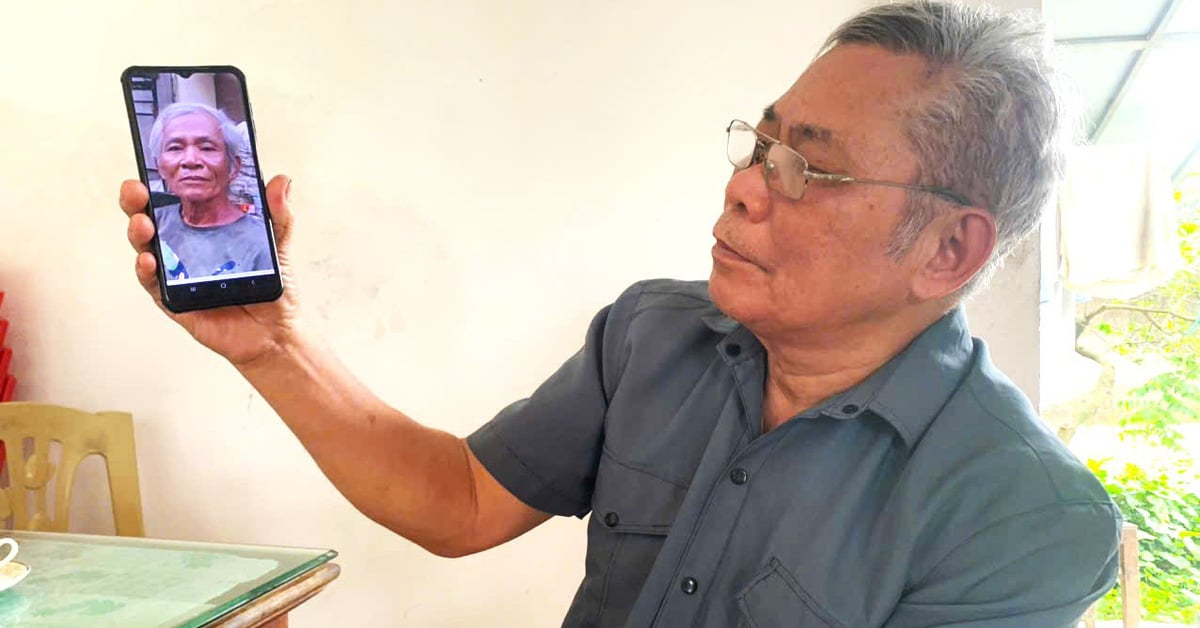

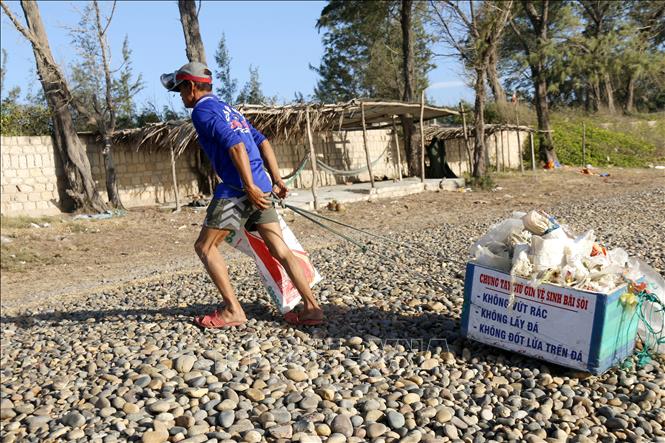

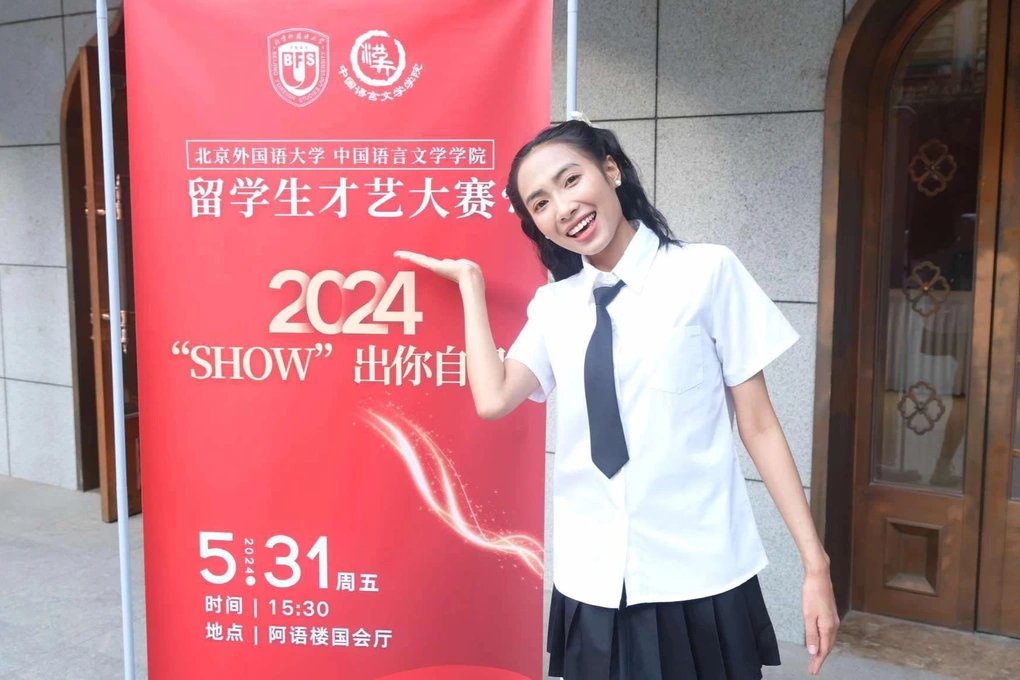
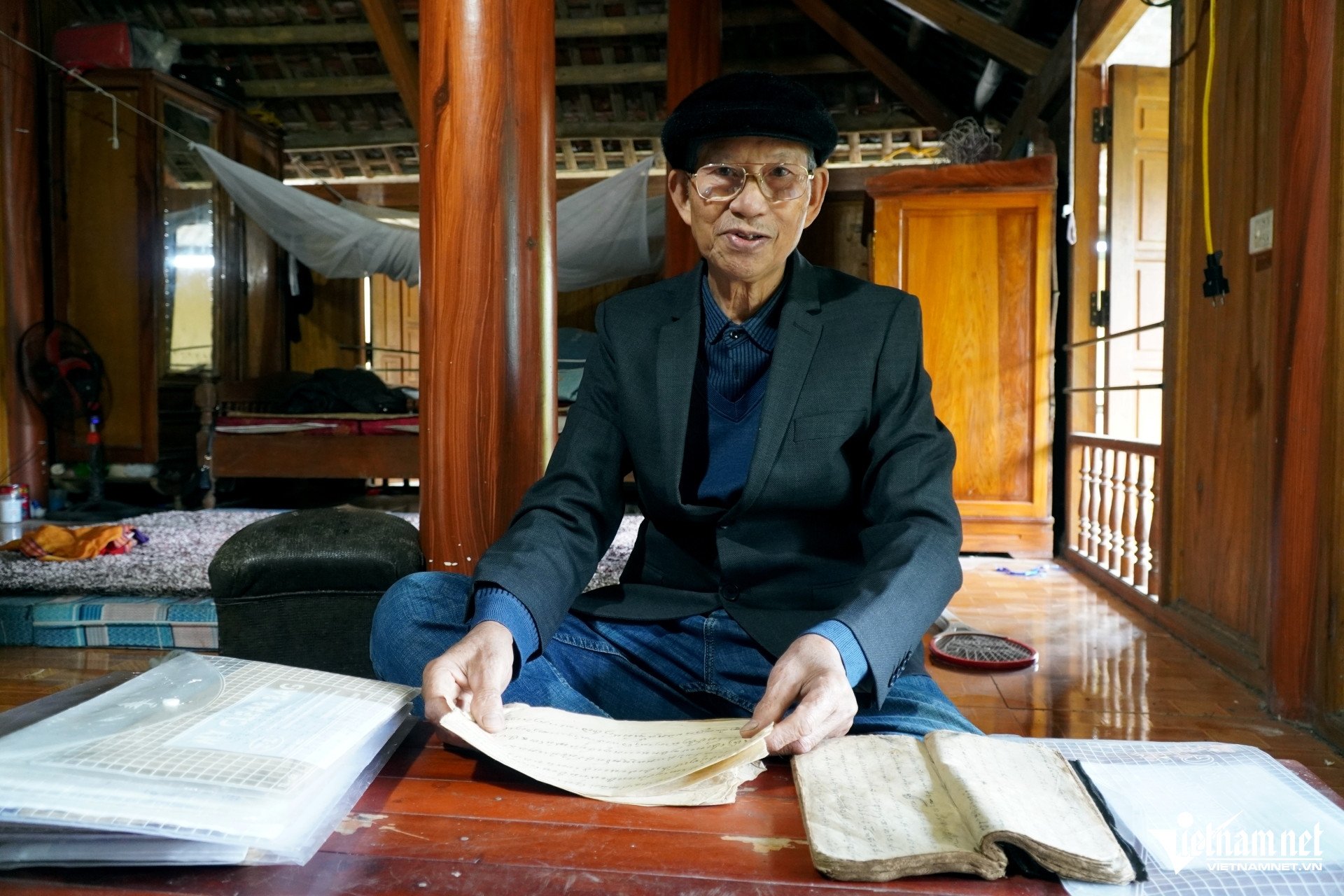



Comment (0)